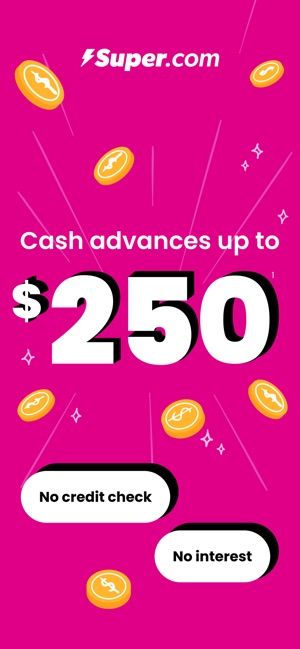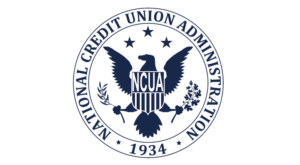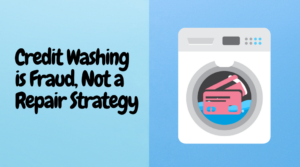Attending college has many financial advantages as studies say college graduates can earn more money.
A 2021 report by the Georgetown University Center on Education and the Workforce found over an adult’s working life those with a bachelor’s degree can expect to earn on average $2.8 million, as opposed to a high school graduate’s on average earnings of $1.6 million.
The findings for adults with master’s degrees were $3.2 million; doctoral degrees can earn an average of $4 million; and, professional degrees were the highest earners over their working life at $4.7 million.
The earning potential for college graduates sounds great but a college degree often comes with unexpected tuition and fee hikes, high costs of living, not to mention outrageous costs for textbooks.
Many students attending college often graduate with loans they had not anticipated owing. The average student loan debt is $37,787 according to the Education Data Initiative with total outstanding student loan debt at $1.745 trillion.
The burden of student loan repayment can plunge recent graduates into a downward spiral of debt but the Income-Based Repayment Program may keep borrowers from breaking the bank.
What is Income-Based Repayment (IBR)
Income-Based Repayment (IBR) allows borrowers to limit their monthly payments on federal student loans. It’s a way to make payments more manageable. Income-Based Repayment is one of the four Income-Driven Repayment (IDR) Plans offered by the Department of Education.
The Income-Based Repayment program offers payment caps that are adjusted each month based on your income and family size.
With an IBR plan, your payment amount will be capped at the lower of a certain percentage of your discretionary income or the amount you would pay under the 10-year Standard Repayment Plan.
The percentage rate depends on when you took out the loan and if you had existing federal student loans.
The percentage of your discretionary income will be 10 percent:
- If you borrowed on or after July 1, 2014; and
- You are a new borrower or had no outstanding balances on a federal student loan when you received the new loan.
The percentage of your discretionary income will be 15 percent:
- If you borrowed your first loan before July 1, 2014.
After 20 or 25 years of qualifying payments, the IBR program will forgive any remaining debt.
Federal student loans eligible for Income-Based Repayment
Federal student loans eligible for IBR include:
- Direct subsidized and unsubsidized loans
- Direct graduate PLUS loans
- FFEL consolidation loans
- Direct consolidation loans
Federal student loans not eligible for IBR:
- Parent PLUS loans
- Any other type of federal loan made to parents
- Direct consolidation loans that repaid loans made to parents
- Private student loans
Borrower Eligibility for IBR
The IBR requires that you have sufficient debt relative to your income to qualify for a reduced payment.
The IBR makes this calculation by determining it would take more than 15% of whatever you earn about 150% of the poverty level to pay off your student loans on a standard 10-years repayment plan.
- Eligibility. To qualify for IBR, a borrower must demonstrate a “partial financial hardship.” A formula using adjusted gross income (AGI), family size, and state of residence will determine how much a borrower is able to pay. If that amount is less than the monthly amount required under the standard 10-year repayment plan, that student would be eligible for IBR.
- Affordable Payments. A sliding scale is used to determine how much you can afford to pay. If you earn below 150% of the federal government’s established poverty line of $12,880 in 2021 according to your family size, your required loan payment would be $0. If you earn above the 150% poverty level your loan payment is capped at 15% of whatever you earn above that amount. With the exception of higher earners, the number usually works out to less than 10% of your total income.
- Loan Interest. In certain instances, the reduced IBR payment will not cover the interest on the student loans. In this case, the government will pay the interest on a Subsidized Stafford Loan for the first three years under the IBR program. After three years and on other loans, the interest is added to the total amount owed. This can be a problem because your debt may rise year after year until you can qualify for forgiveness after 25 years of payments.
Find out more about how to qualify for IBR or see if you qualify for a Student Loan Forgiveness Program.
Final thoughts
Don’t miss an opportunity to resolve your student loan issues if you are struggling to keep up with payments. An income-driven repayment plan sets your monthly student loan payment at an amount that is intended to be affordable based on your income and family size. Find out more about the four income-driven repayment plans.


















